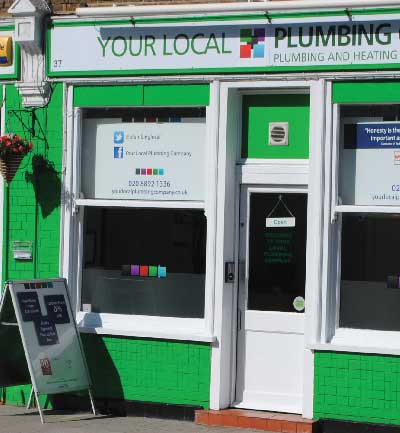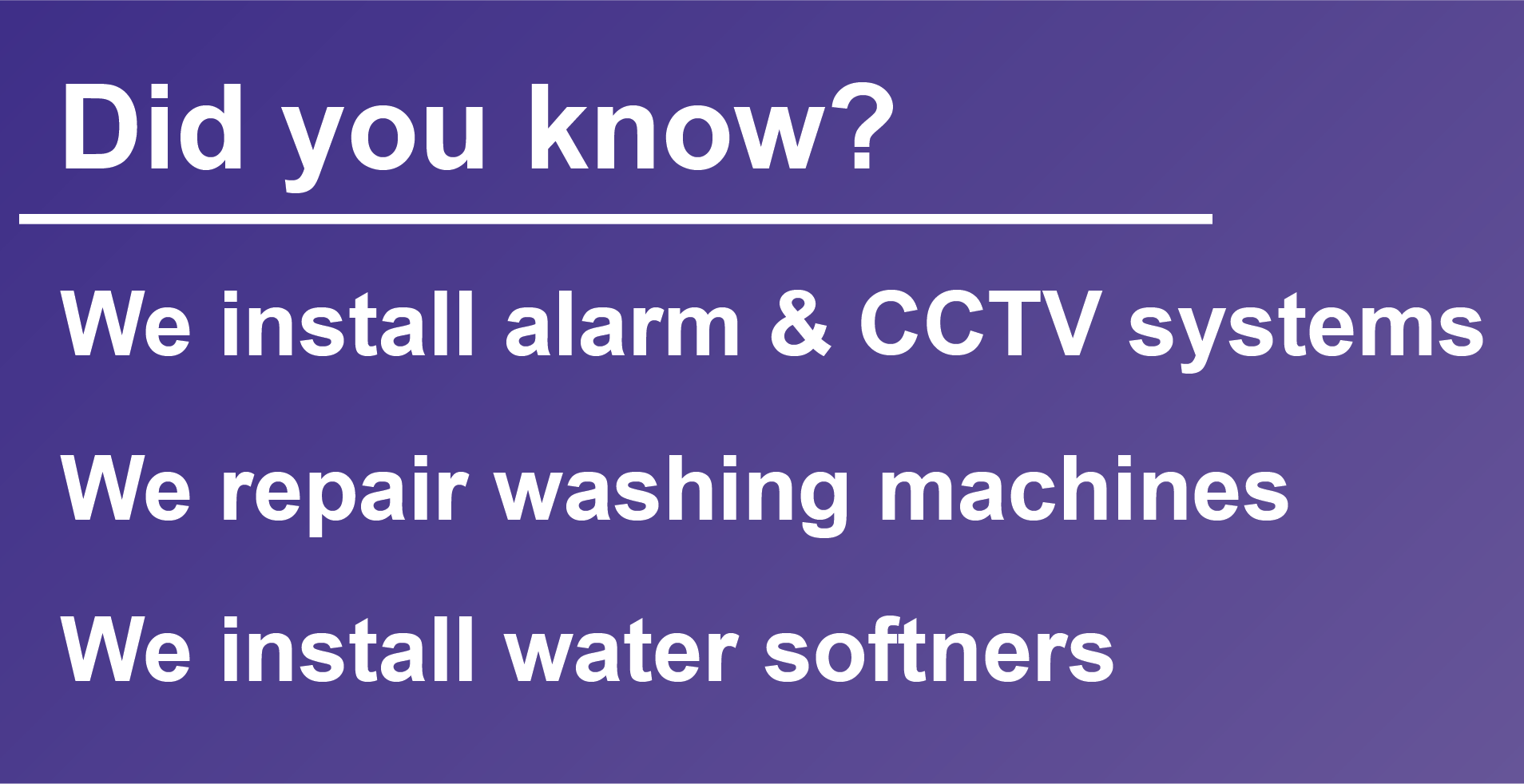The Different Types of Boiler Controls
Having the correct boiler and heating controls can save you money. But what are the differences between boiler timers, programmers, room thermostats and smart controls?
Timers and Programmers
A boiler timer is a basic device that allows you to set specific times for your central heating system to come on and turn off, with the same times repeated every day.
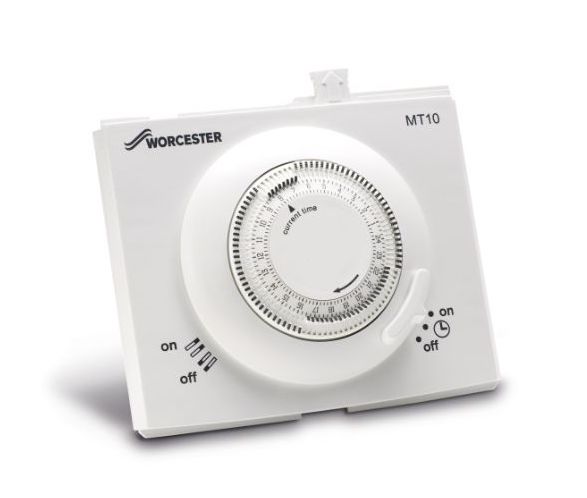
A boiler programmer allows you to set your heating and sometimes hot water to switch on and off at different times on different days of the week to suit your lifestyle. Most modern programmers automatically adjust for British summer time.
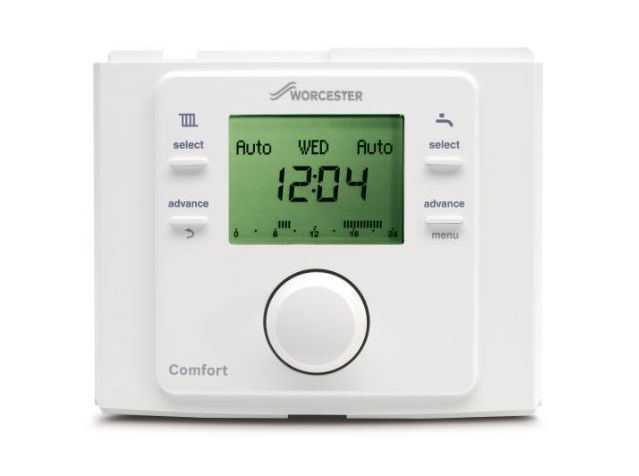
What is a Room Thermostat?
A room thermostat monitors the air termperature and enables you to set the level you want. If the room temperature drops below this level, the thermostat switches your boiler on.
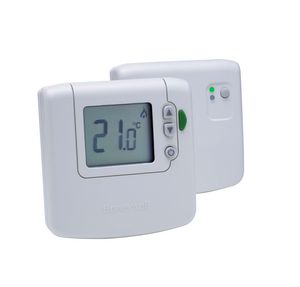
What is a Programmable Room Thermostat?
A programmable room thermostat is both a boiler programmer and a room thermostat, and allows you to set different room temperatures for different times of the day and night. When programmed correctly, it prevents the system from having to heat your home from a cold start. The boiler simply 'tops up' the temperature, which saves energy and improves comfort.
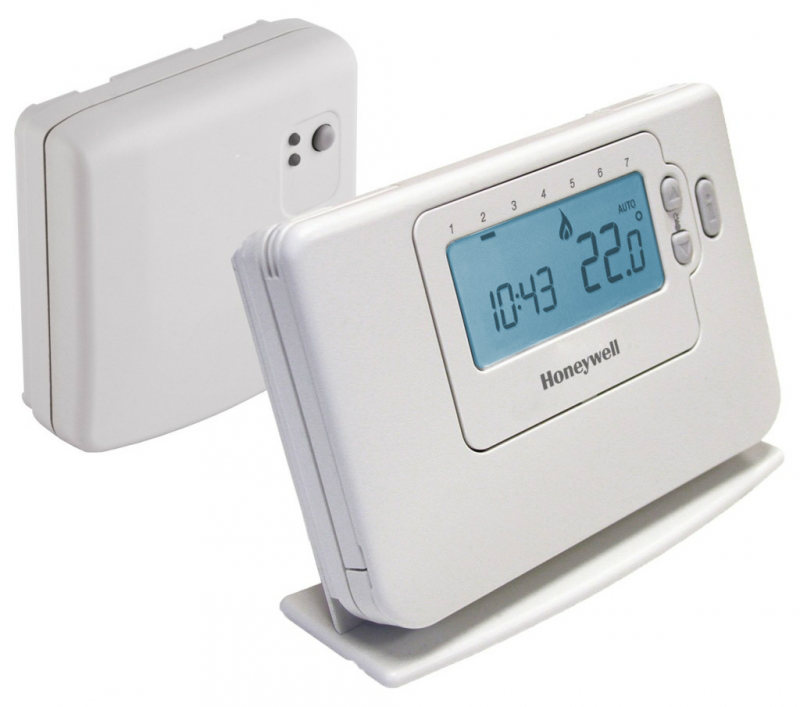
What are Smart Controls?
Smart controls are available for central heating and hot water systems and can be operated from a compatible smart device using a wireless internet connection. The apps on the smart devices generally make the controls very simple to use and can include a host of different features such as usage information to help you identify how you could save money.
Your Local Plumbing Company install several smart controls including the Hive Active Heating, Honeywell evohome, the Worcester Wave and the Nest Smart Thermostat. Take a look at our guide to smart controls.
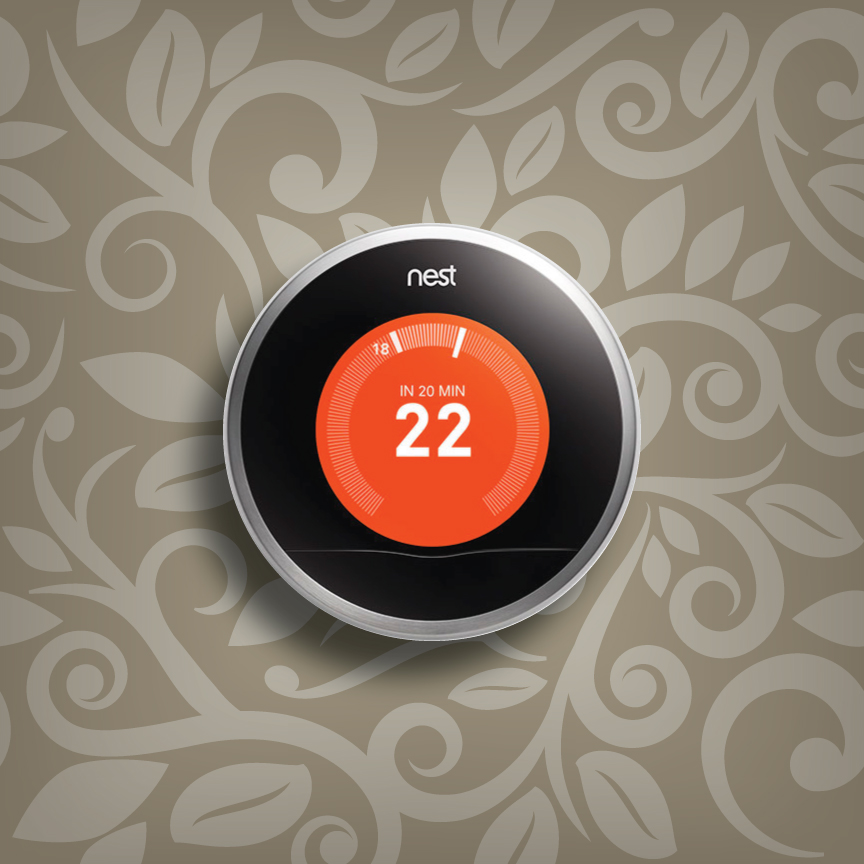
What is Load Compensation
Load compensation means that the temperature of the hot water going to your radiators is adjusted in keeping with the room temperature. With this feature, when a room is cold the temperature of the hot water going to the radiator is high, but as the room warms up the temperature is lowered so that the comfort is maintained whilst energy use is reduced.
What is Weather Compensation
Weather compensation means that the temperature of the hot water going to your radiators is adjusted in keeping with the outside temperature. With this feature, radiators run hotter if temperatures outside drop, but on milder days they automatically run at a lower temperature improving energy efficiency and lowering your bills.
- Customer in Hampton
Which.co.uk





